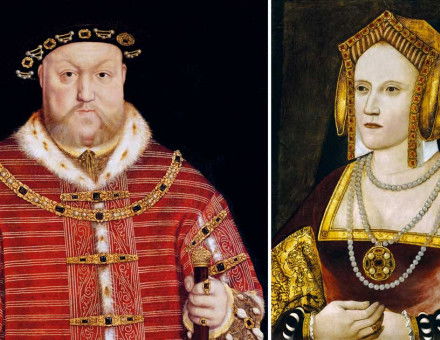'No Man is an Island'
A 15th-Century perspective on the European balance of power.
The year 1453 was a turning point in more than one theatre of European affairs. In the south-east it witnessed the fall of Constantinople, and in the north-west the final expulsion of the English from France. Each was an act of greater symbolic than real significance, for each was foreshadowed long before it happened. For a hundred years or more the Byzantine Empire had survived only by consent of the Turks. Likewise for a couple of decades the English had survived in France only by dint of the internal divisions which prevented their opponents from coming together sooner than they did.





